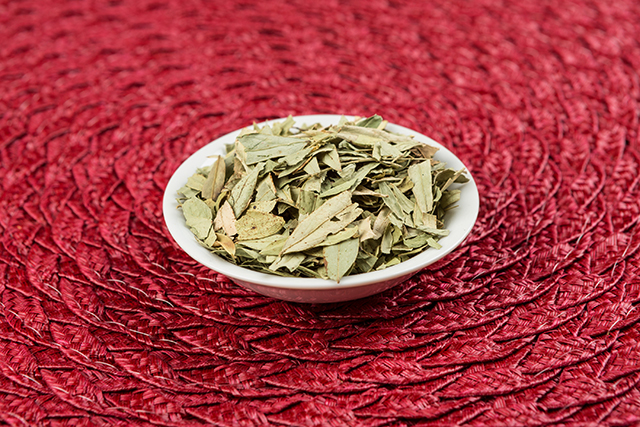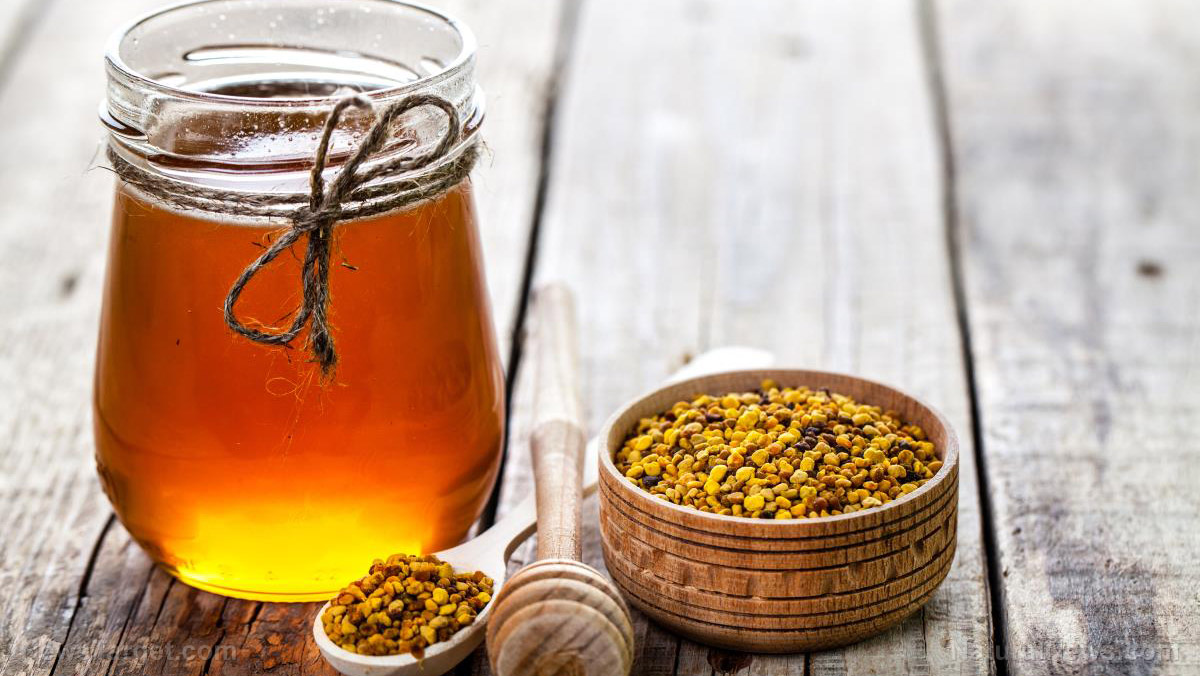Here are some natural allergy relief strategies that really work
11/29/2018 / By Michelle Simmons

Seasonal allergies cause sneezing, coughing, and watery eyes. They can also cause serious brain fog, difficulty concentrating and focusing, fatigue, irritability, and depression. Fortunately, natural remedies for allergies are available. To relieve your allergy, here are five natural strategies you can try.
Reduce exposure to allergens
An allergy occurs when the immune system mistakes a normally harmless substance for a dangerous substance. This could be anything from pollen, bee venom, pet dander, or a food that doesn’t cause a reaction in most people. Reducing your exposure to allergens can help relieve your allergy. You can minimize your exposure to pollen by:
- Avoiding sleeping with pets who bring in pollen
- Closing the windows in your home or car
- Getting an air purifier for your bedroom
- Keeping your bedroom clean
- Using an air-conditioning unit
- Wearing a face mask
Use a saline spray
A natural saline spray can reduce allergic response because it can keep the inside of your nose clean. It can relieve stuffiness and congestion. Using a saline spray not only cleans the nasal passages of crusts and mucus, but it also eliminates pollen naturally. You can make your own saline solution by mixing salt with warm water.
Consume immune-boosting foods and nutrients
Because allergies are a problem in the immune system, strengthening the immune system is one way to treat and prevent them. You can strengthen your immune system by eating the right foods and nutrients, such as omega-3-rich foods, vitamin D-rich foods, and foods rich in probiotics. Omega-3 fatty acids can prevent allergies because it is a potent anti-inflammatory compound. You can get omega-3 from grass-fed meat and wild-caught salmon. Vitamin D can also reduce allergy symptoms and asthma, and it can be found in high amounts in certain foods such as salmon, herring, sardines, cod liver oil, canned tuna, oysters, shrimp, egg yolks, and mushrooms. Probiotics provide good bacteria that minimize allergic reaction to pollen, and it can be found in high amounts in certain foods, including yogurt, kefir, sauerkraut, tempeh, kimchi, miso, pickles, natto, and dark chocolate.
100% organic essential oil sets now available for your home and personal care, including Rosemary, Oregano, Eucalyptus, Tea Tree, Clary Sage and more, all 100% organic and laboratory tested for safety. A multitude of uses, from stress reduction to topical first aid. See the complete listing here, and help support this news site.
Avoid cross-reactivity
Cross-reactivity in allergic reactions happens when the proteins in a substance, such as pollen, are similar to the proteins found in another substance, such as food. It is said that the immune system recognizes similarities between different allergens and will respond against similar allergens. For example, if you are allergic to birch pollen, you may also experience symptoms after eating raw apples, peaches, pitted fruits, and carrot among others. Avoiding cross-reactivity between plant proteins from pollen and commonly eaten fruits or vegetables can reduce allergy symptoms.
Use herbal remedies to manage your allergies
There are certain herbs that work best as allergy remedies. These include the following:
- Astralagus: This herb has long been used in traditional Chinese medicines for boosting immunity and reducing inflammation. Studies have shown that it also possesses anti-fatigue properties and can boost endurance – which people with seasonal allergies may find helpful. (Related: Suffering from seasonal allergies? These herbs can relieve symptoms naturally.)
- Lemon essential oil: Lemon oil is great for treating allergies because it supports the lymphatic system drainage, prevents the growth of bacteria, and strengthens the immune system. It can also reduce inflammation by stimulating the liver to flush out toxins. To use, add one to two drops of the oil to water. It can also be used to disinfect your home from allergens staying on clothes and other surfaces.
- Peppermint essential oil: Peppermint is an expectorant and can discharge phlegm and reduce inflammation, which can be used to unclog the sinuses and relieve sore throats. To use, peppermint oil with a carrier oil and apply it to your skin or ingest one to two drops every day.
Learn more treatments for allergies that work at NaturalCures.news.
Sources include:
Tagged Under: allergies, allergy relief, alternative medicine, herbal medicine, Herbs, natural cures, natural medicine, remedies, seasonal allergies



















